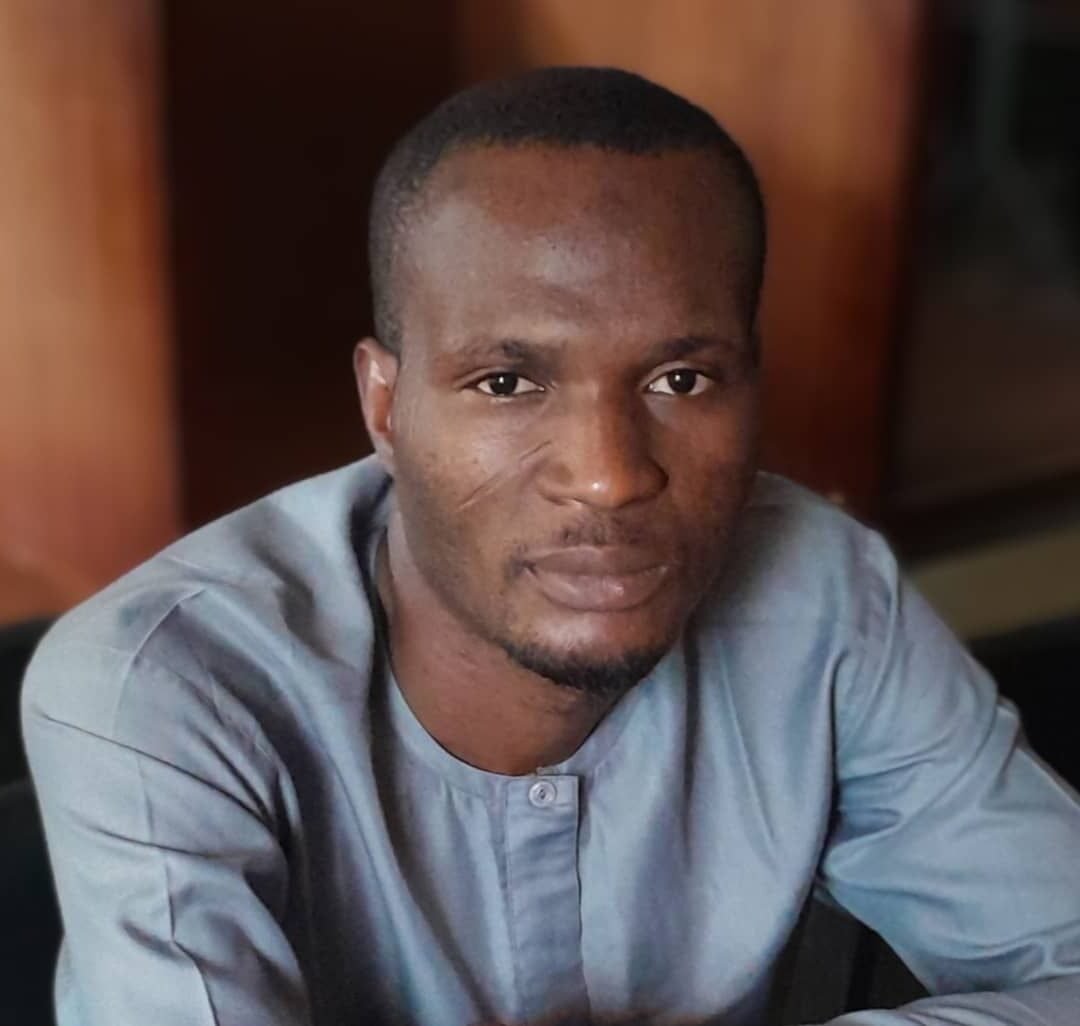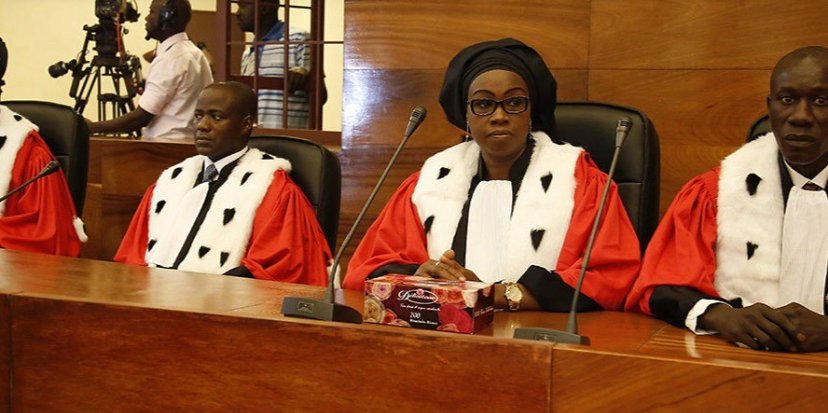Recently, renowned investigative journalist Anas Aremeyaw Anas left his home country and instituted—and won—a defamatory case against a Ghanaian politician, Kennedy Agyapong, in Essex County Superior Court in New Jersey, USA. Meanwhile, Anas lost the same legal suit against Agyapong in Ghana in 2023.
The US court asked Agyapong to pay £14 million in damages after finding him guilty of wrongly accusing Anas of killing a fellow journalist, Ahmed Suale. He further described Anas as “an extortionist and a thief”. Agyapong made the defamatory statement in a TV interview after the publication of Anas’ 2018 BBC investigation on football corruption in Ghana, in which Agyapong’s name was mentioned.
The legal suit between Anas and Agyapong questioned the integrity of the courts in Africa; many Africans look towards the West and the United States when their country’s politicians err. Many Indigenous experts and observers believe the legal proceedings in several African countries were marred by biased judgment and various irregularities.
Due to its longevity and complexity, the justice system in African countries is widely described as “weak and slow”. Lack of trust and ineffective judgment undermine court proceedings, which pushed many aggrieved Africans like Anas beyond the borders of their country and the continent to seek justice abroad.
For instance, in response to the degradation of their environment, the Nigerian communities, specifically Ogale and Bille in Delta state, were distrustful of the Nigerian courts. When an oil spill persisted on their land, leading to widespread pollution, the communities filed a lawsuit against the Shell Development Petroleum Company of Nigeria (SPDC) in the United Kingdom (UK).
Interestingly, in 2014, after a long battle and trial in the UK court, the two communities won the case.
According to the BBC report, the community members fervently decried the tendency of injustice in Nigerian courts, as the sole reason for taking the case outside the country.
In 2023, an unjust judgment and technical error caused the wrongful detention of Sikiru Alade for nine years. As an independent panel beater working in Lagos state, the Police arrested Alade at the Lagos Toll Gate and taken to Ketu Police Station. Later, his case was taken to a magistrate court in Yaba, Lagos state, for an allegation of robbery. However, it’s reported that the court lacked the jurisdiction to preside over his case, but later remanded him to prison without charging him with a crime.
While reacting to the frailties in courts, gender advocate groups, MenEngageAfrica and Sonke Gender Justice showed utter disapproval of the court judgments in Mozambique. Their disappointment stemmed from the overturn of the conviction of Rufino Licuco by the Higher Appeals Courts, after he was initially found guilty of beating a lady, Josina Machel by the Mozambique’s Maputo City Court.
Even though the lady (victim) lost her sight, the Higher Appeal Court faulted and overturned Licuco’s three-year and four-month conviction, citing the inability of a tangible witness.
Responding to the contempt surrounding African courts, a review of the African Center for Strategic Studies revealed that courts in African countries are among the most distrusted institutions, ruined by incessant politicisation and widespread corruption, which affect the justice system.
As trust continues to dwindle in African courts, it’s discovered that between 2021 and 2023, Africans now seek alternatives to courts. In villages, community members prefer traditional leaders, even security forces preside over their cases, to a learned judge in a constitutional court.
Meanwhile, in 2004, the United Nations Development Program (UNDP) emphasised that “justice is a basic human right”, which an individual needs to be granted fully in any established legal institution. But that is not always the case in Africa.
Data shows that African countries have a combined total of 1.4 million inmates awaiting trial in prisons, supporting a genuine fact of stalled court judgments and a slow process of justice delivery in Africa.
Realising the danger of ineffective justice in Africa, the Brooklyn Journal of International Law asserted that African legal institutions need to be strengthened without any adherence to compromise. Specifically, the study reads, “the judiciary must be fundamentally reformed both to protect citizens’ rights better and to preserve itself against institutional contempt in the eyes of an increasingly cynical public.”














